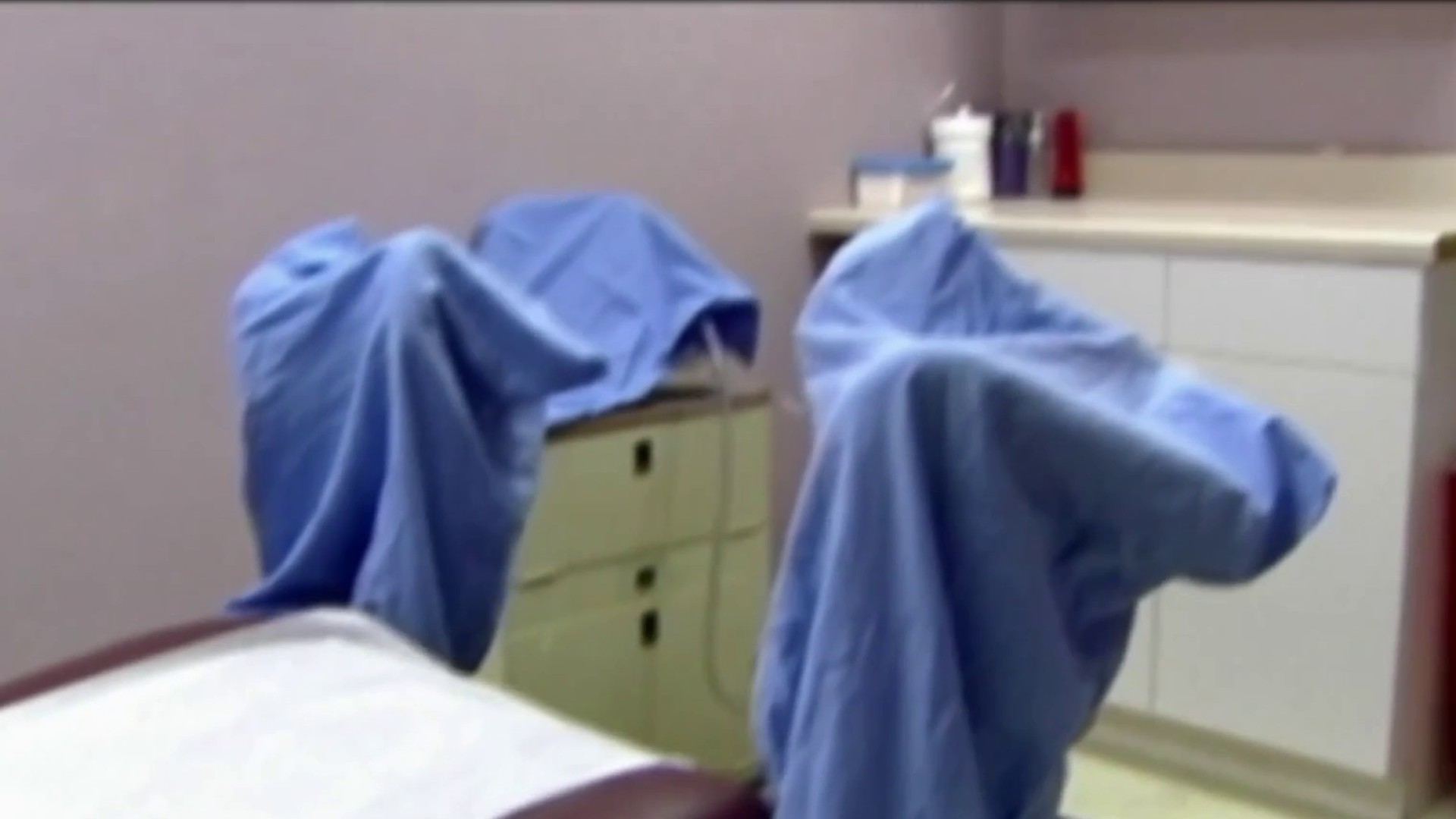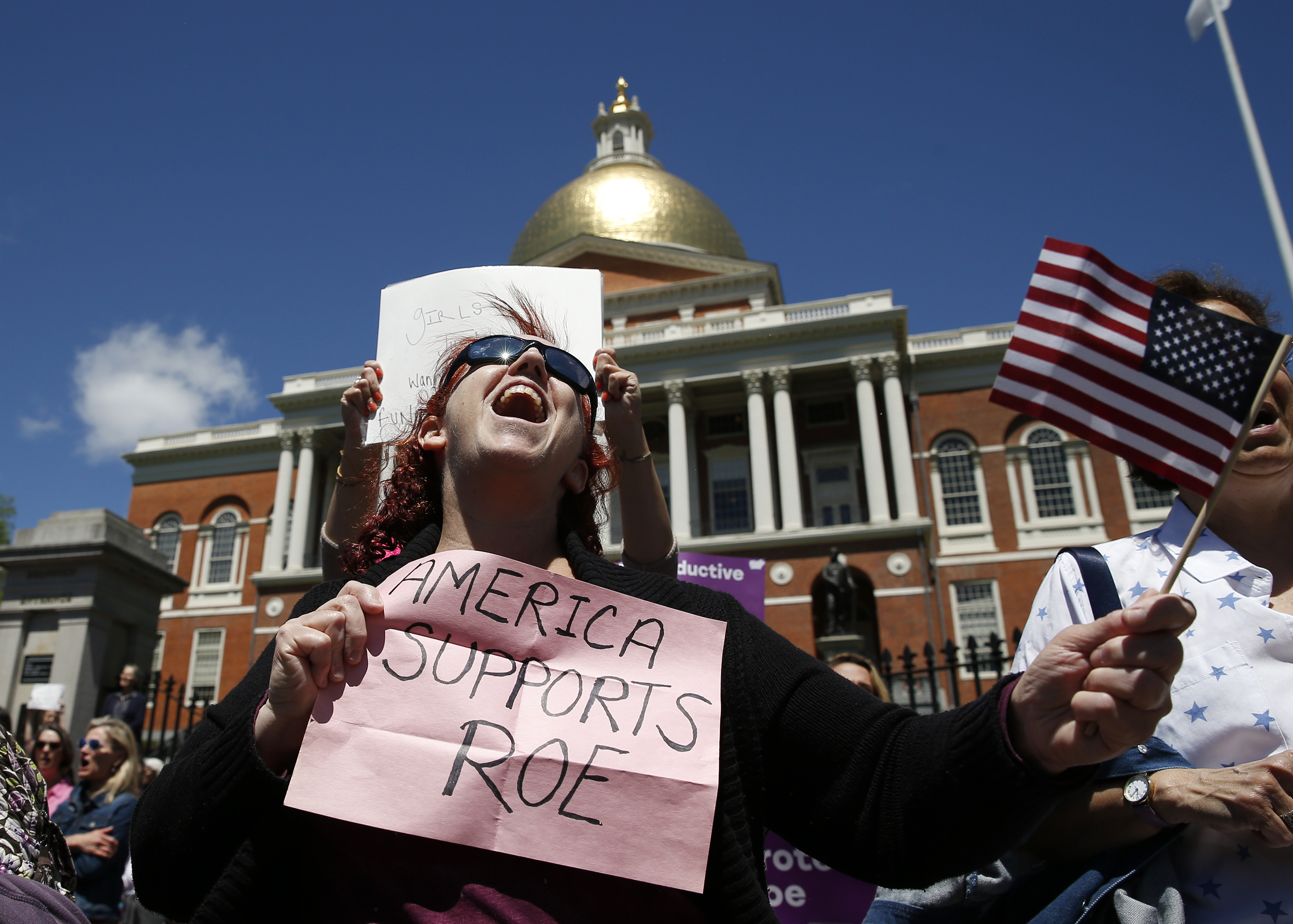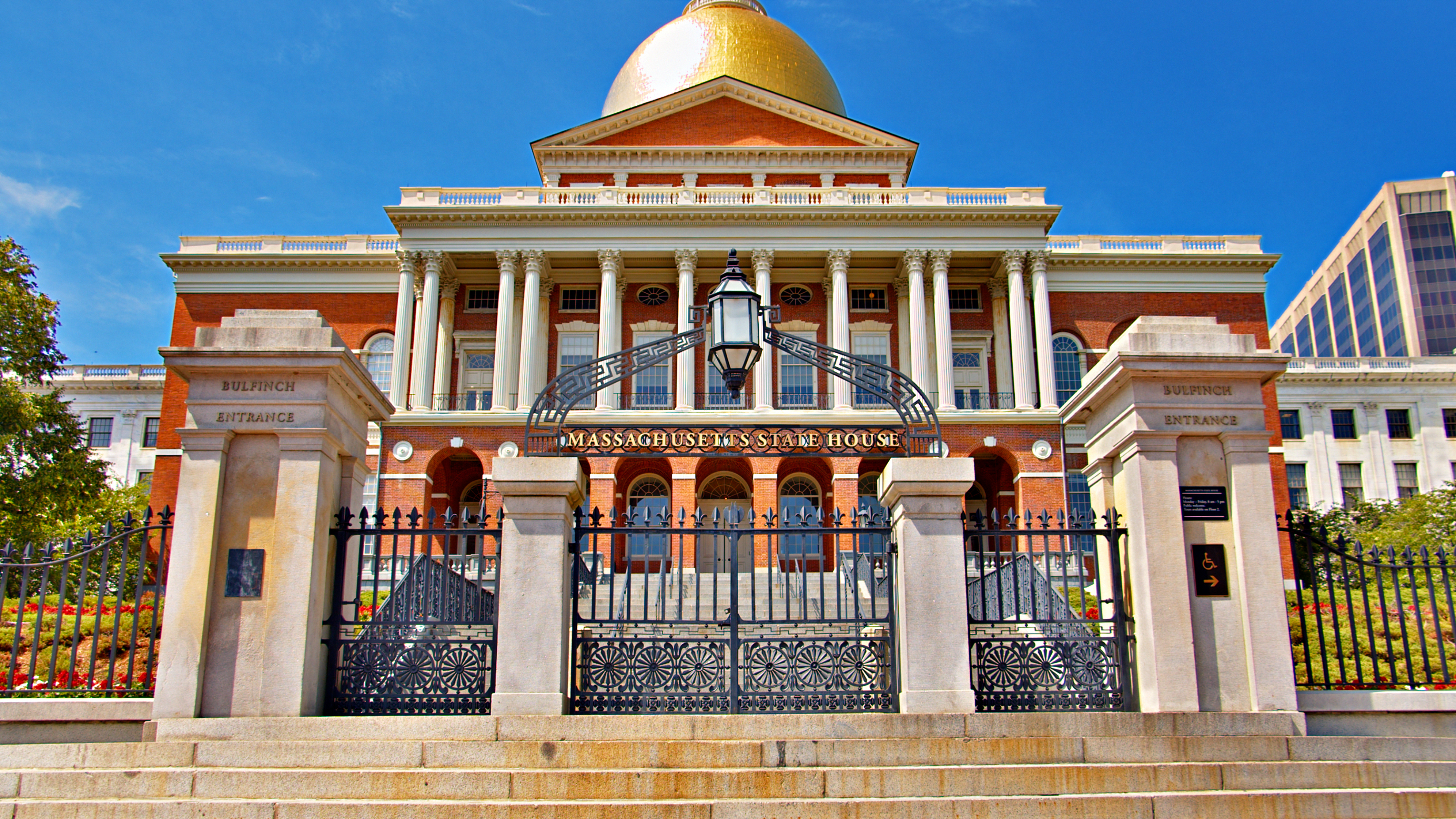
Massachusetts has a new law on the books protecting providers of reproductive health, including abortions, and gender-affirming care from out-of-state legal action in a post-Roe v. Wade world after Republican Gov. Charlie Baker on Friday signed the bill Democrats sent him.
Baker's office announced shortly after 10:45 a.m. that he gave his approval to legislation that creates new legal shields for providers, who could face lawsuits originating in other states where Republican-led legislatures are cracking down on access to abortions after the U.S. Supreme Court overturned the decades-old precedent of the Roe decision.
WATCH ANYTIME FOR FREE
>Stream NBC10 Boston news for free, 24/7, wherever you are. |
The bill he signed also requires insurers to cover abortions without shifting costs to patients, orders the Department of Public Health to issue a standing order allowing any licensed pharmacist in Massachusetts to dispense emergency contraceptives, and clarifies state laws governing late-term abortions in an effort to ensure that procedure is accessible in Massachusetts.
Get updates on what's happening in Boston to your inbox. Sign up for our >News Headlines newsletter.
"Massachusetts remains steadfast in its commitment to protect access to reproductive health care services, especially in the aftermath of the Supreme Court's decision overturning Roe v. Wade," Baker said in a statement, adding that the decision "has major consequences for women across the country who live in states with limited access to these services."
Shortly after the court issued its Dobbs v. Jackson case ruling that scrapped the national right to an abortion enshrined in Roe v. Wade, Baker issued an executive order with similar legal shields for providers that Democrats included in their broader bill.
"This new legislation signed today builds on that action by protecting patients and providers from legal interference from more restrictive laws in other states," Baker said. "We are grateful for the compromise and dedication to the issue that our legislative colleagues demonstrated to make this important, bipartisan law a reality."
Senate Democrats had worried that a section in the original House bill allowing abortions after 24 weeks of pregnancy in cases of "severe" fetal anomalies would draw objection from Baker, who in 2020 vetoed a bill known as the ROE Act in part over concerns with its handling of late-term abortions. That bill eventually became law via override.
Legislative negotiators dropped the word "severe" from the final accord, though, instead settling on language they said would clarify existing state law around abortions after 24 weeks and ensure parents are not forced out-of-state to receive late-term abortions in dire circumstances.




